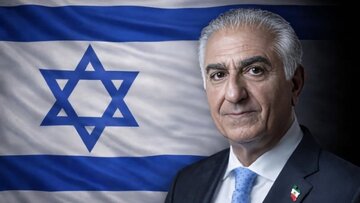AhlulBayt News Agency: Ayatollah Alireza Arafi, Director of Iran’s Islamic Seminaries, has announced major developments in Quranic education and scholarship, emphasizing the establishment of new academic fields, journals, and interpretive works across the seminary network.
During the centennial celebration of the Qom Seminary’s re-establishment, Ayatollah Arafi highlighted the significant transformations in Quranic studies over the past few years. He described these advancements as “fundamental” in reshaping approaches to Quranic interpretation and research.
Ayatollah Arafi noted that the seminary’s Quranic activities span twenty key areas, requiring extensive explanation. However, he briefly outlined some of the most notable developments.
Among the achievements, he mentioned the foundation of approximately ten specialized Quranic journals. He also referenced the introduction of more than twenty academic programs dedicated to Quranic studies and exegesis.
Additionally, Arafi stated that nearly ten comprehensive Quran commentaries have been compiled by leading religious scholars. These works contribute to deeper interpretations and scholarly discourse surrounding the Quran.
He further emphasized the growing body of Quranic translations, affirming that numerous interpretive texts have been produced alongside thousands of academic papers.
Arafi highlighted a new academic focus in the seminaries—integrating Quranic interpretation with the humanities and social sciences. He explained that specialized tafsir studies in these fields have been initiated, allowing for broader perspectives on religious and societal themes.
Moreover, he noted that Quranic scholarship has expanded into multiple languages, making key Islamic teachings accessible to a wider international audience.
The Qom Seminary, known as Hawzah ‘Ilmiyya Qom, stands as one of the most prestigious centers of Shia Islamic scholarship. Originally re-established in 1922, it has played a defining role in religious education, jurisprudence, and Islamic thought within Iran and beyond.
Situated in Qom—a major religious hub—the seminary hosts tens of thousands of students from across the globe. Over the past century, it has profoundly shaped contemporary Islamic discourse, trained generations of religious leaders, and produced significant works in Quranic interpretation and Hadith studies.
/129






Your Comment